Those visiting Malaysia are invited to experience the King of Fruits, known in part for its pungent smell
IAN STALKER
Could the durian of all fruits held lead Tourism Malaysia to further experience the sweet smell of success in terms of tourism?
Tourism Malaysia has unveiled an array of tourism packages that spotlight the popular tourist destination’s famous durian, dubbed the “King of Fruits” in the Asian country. The new publication, Durian Tourism Packages 2024/2025, features 62 packages from 27 local tour operators across 12 Malaysian states, blending the “renowned flavours of fragrant durians with exhilarating activities.”
“The launch of these packages highlights the increasing popularity of both the Malaysian durian fruit and food tourism,” said Akbal Setia, vice president of Tourism Malaysia, Americas. “Durian tourism thrives in Malaysia, particularly during the harvest season from late May to August. This trend underscores the fruit’s allure and cultural importance, with the new Tourism Malaysia packages offering visitors a unique opportunity to immerse themselves in local traditions. Our destination’s new experiences also offer food lovers the chance to explore different states across Malaysia for our durian trails.”
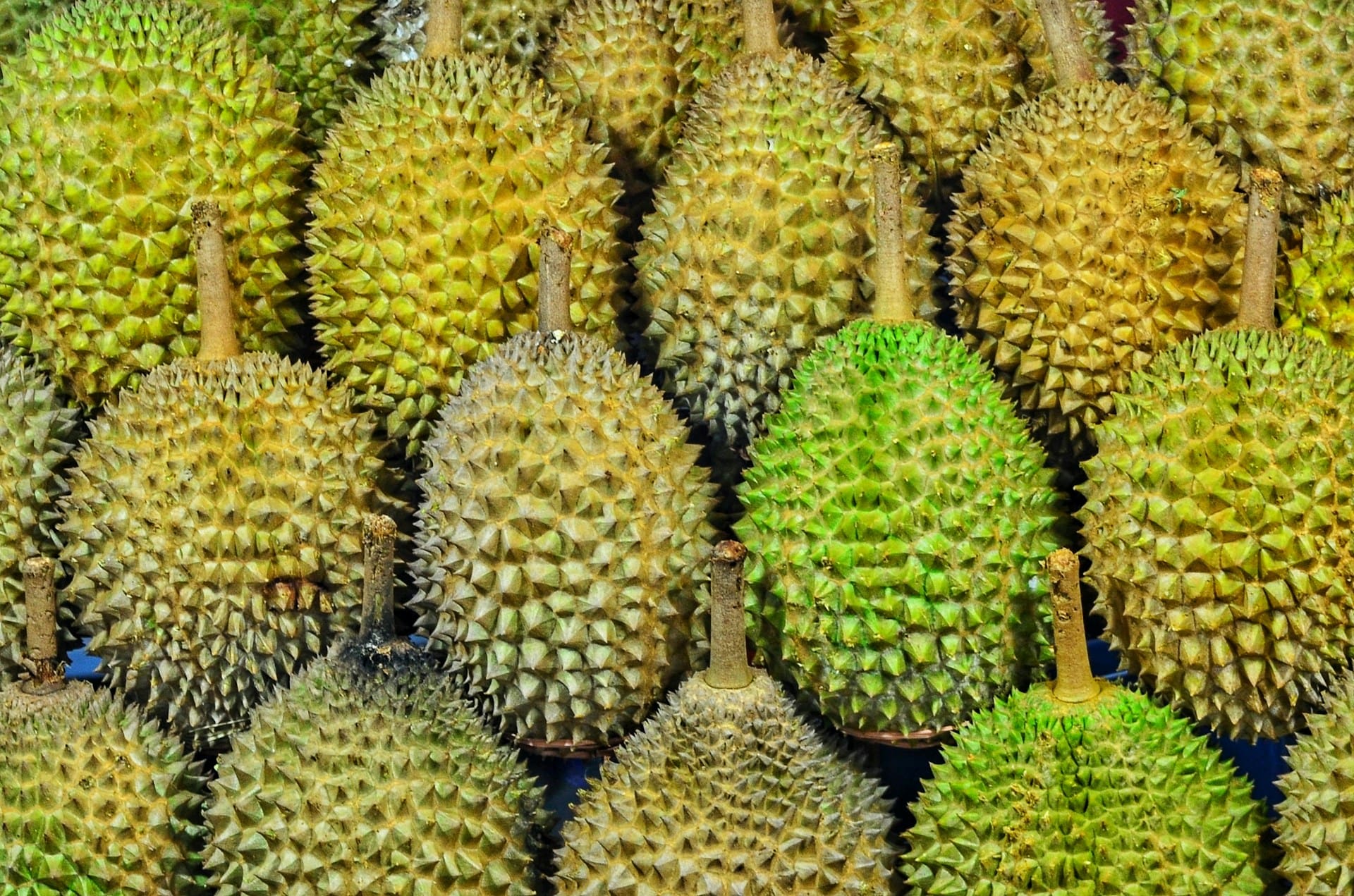
Durians, known for their pungent odour and thorny exterior, hold a special place in Malaysian culture. With “Durian Tourism Packages 2024/2025,” Tourism Malaysia invites tourists to “participate in a new and trending cultural and gastronomic tourism wave.” Tourism Malaysia anticipates over RM2 million in durian tourism sales for 2024 and 2025, highlighting these offerings’ growing popularity and quality.
Durian’s strong smell might catch many tourists off guard, making them hesitant to try it, concedes Linawati Ismail, deputy director — Americas, Tourism Malaysia.
“The odour is often described as overwhelming, especially for those who are not used to it,” Ismail states. “However, once they get past the initial reaction, some people find the taste to be surprisingly enjoyable and unique, with a rich, creamy flavour. So while the smell can be off-putting at first, it also adds to the fruit’s exotic appeal and makes for a memorable experience for those willing to give it a try.
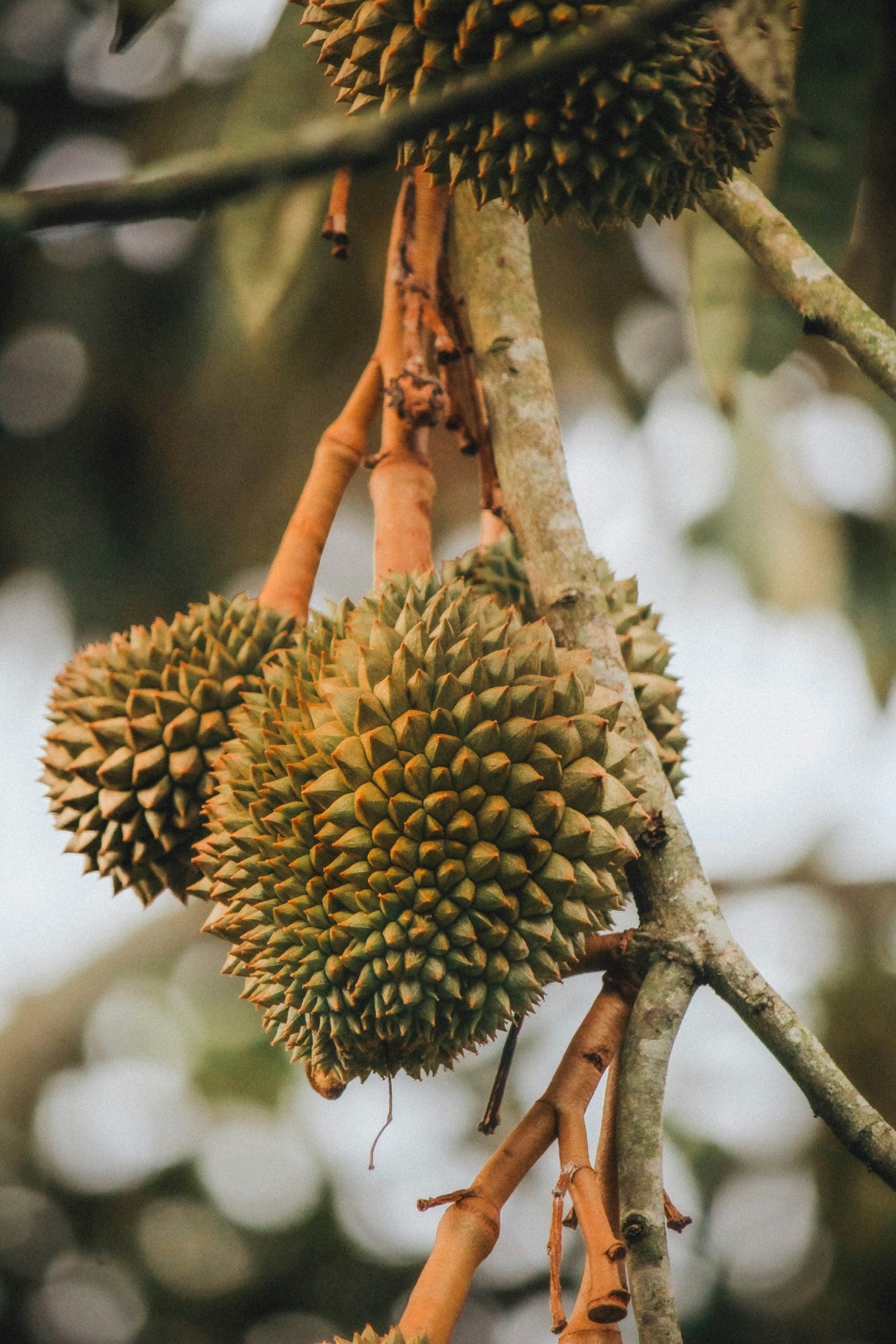
“Many tourists may have heard of durian before arriving in Malaysia, particularly if they have done some research on local foods or heard about it from others. Its reputation often precedes it due to its strong smell and unique taste, which are frequently discussed in travel guides and food blogs. However, the level of awareness can vary. Some tourists might have only a vague idea or no knowledge at all, while others may be quite familiar with the fruit and its cultural significance in Southeast Asia.”
Malaysia’s decision to promote durian-related activities comes on the heels of an American Express Survey that had 81% of respondents prioritize food experiences while traveling abroad. Additionally, Technavio projects that the global durian fruit market will grow significantly, reaching US$10.57 billion from 2024 to 2028.
Tourism Malaysia’s new publication, timed to coincide with the durian harvest season, is the only official guide to offer such durian tourism packages. Tailored to a variety of travellers with diverse activities and price points, packages for 2024 and 2025 include:
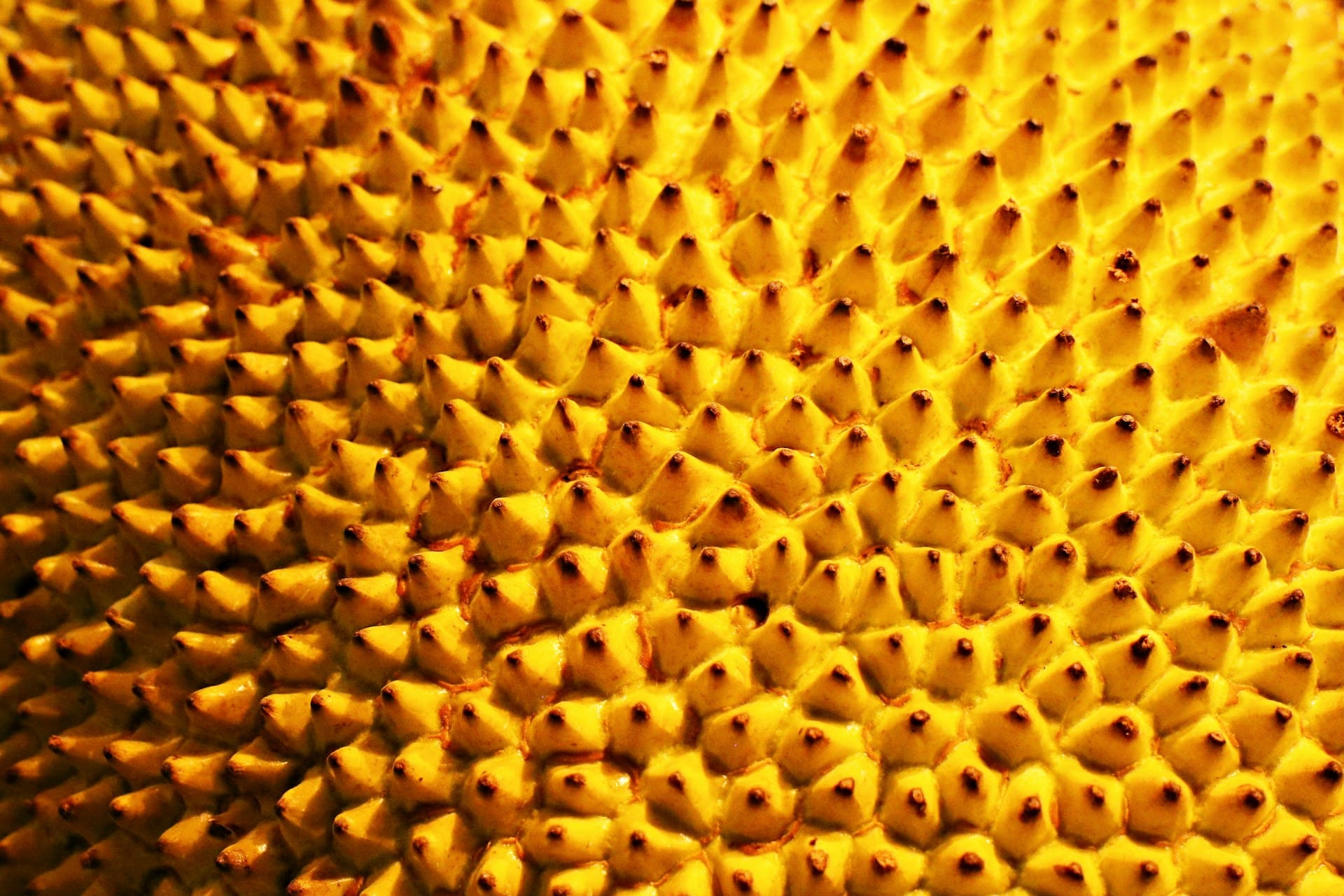
- Jom Pi Dusun: Relaxing day trip for local durian tasting, fresh honey, and traditional Malaysian lunch by the river.
- Durian with Mother Nature Glamping: two-night stay in a modern forest chalet, featuring durian Nasi Lemak and hot spring relaxation.
- Genting Highlands & Durian: Full-day tour to Musang King Orchard in Raub, durian with coconut drink, and Skyway cable car ride to Genting Highlands.
- Kuala Selangor + Sekinchan + Durian Tour: Two-day, one-night trip with eagle watching, firefly river cruise, Sky Mirror bioluminescent plankton, and homestay durian tasting.
- I Love Durian Fullboard Package: Visit to Durian Man SS2 with Genting Highlands, Batu Caves, and Petronas Twin Towers.
- Sehari D Dusun: One-day durian feast, river rafting, jungle trekking, and tree-top walk adventure.
It’s not uncommon to see signs in hotels in some parts of Asia asking guests not to bring durian into their rooms, with hotel management concerned about the fruit’s smell. But durian is also hugely popular in much of the continent, even being used to make ice cream.
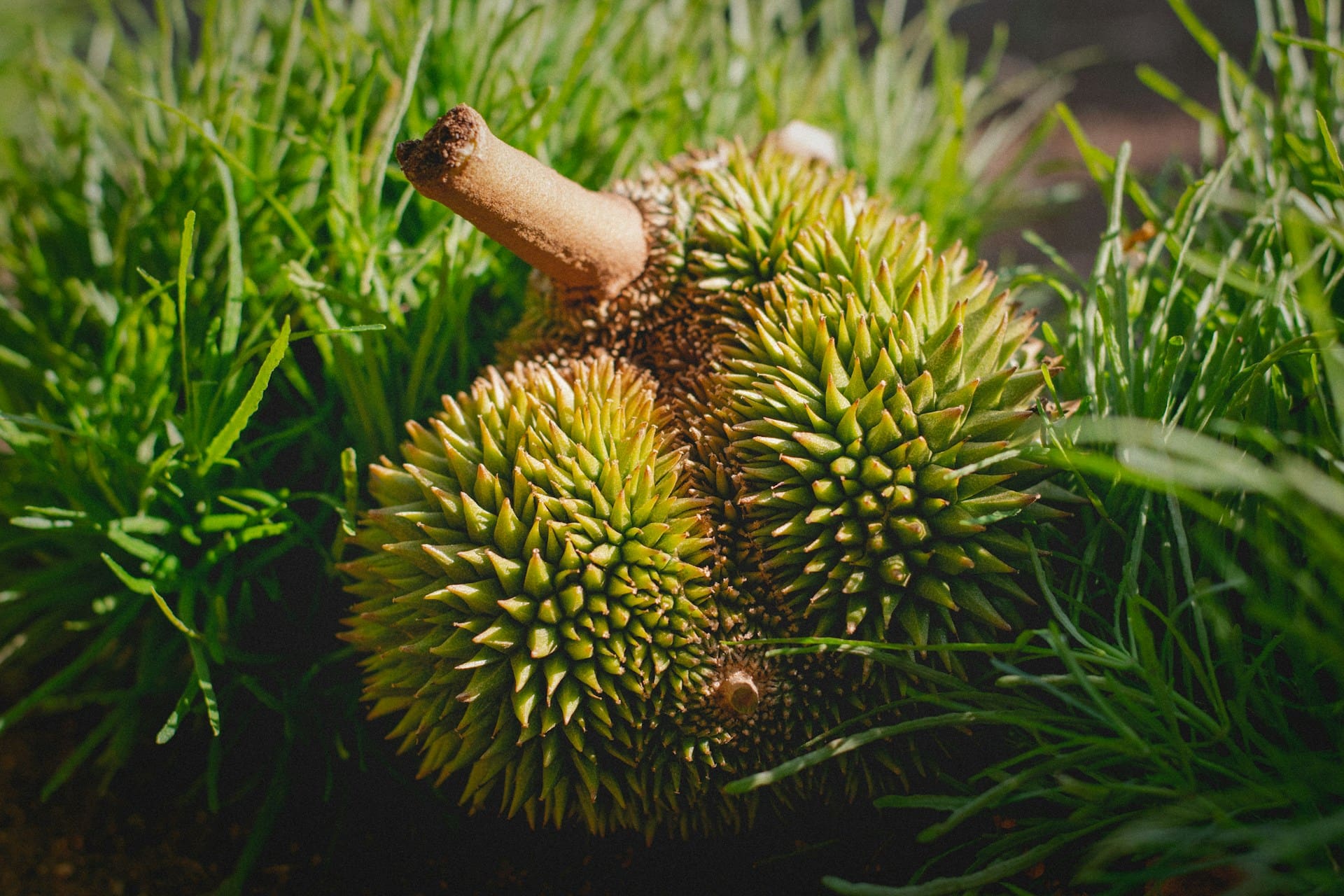
Ismail says durian is extremely popular in Malaysia. “It holds a special place in Malaysian cuisine and culture. Many Malaysians enjoy durian in various forms, including fresh, in desserts, and even in savoury dishes. The fruit is celebrated for its unique taste and creamy texture, which are highly valued by those who appreciate its distinctive qualities. Durian season is a much-anticipated time of year, with markets and street vendors offering a wide range of durian varieties. Its popularity is so significant that it influences local culinary traditions and even social gatherings.”
Ismail adds that, “Durian can be a significant tourism asset, particularly in regions where it is a cultural and culinary icon like Malaysia. Its unique characteristics — strong aroma, distinctive taste, and its deep cultural roots — make it a compelling attraction for adventurous travellers,” adding that:
- Durian can be a focal point for food tours and culinary experiences, attracting tourists interested in trying exotic foods and learning about local traditions.
- Events and festivals centred around durian, such as durian festivals or farm tours, can offer tourists immersive cultural experiences and insights into local agricultural practices.
- Offering durian tastings and cooking classes can provide tourists with memorable, hands-on experiences that they are unlikely to find elsewhere.
- For tourists who actively seek out unusual or unique travel experiences, durian represents an intriguing and distinctive option.
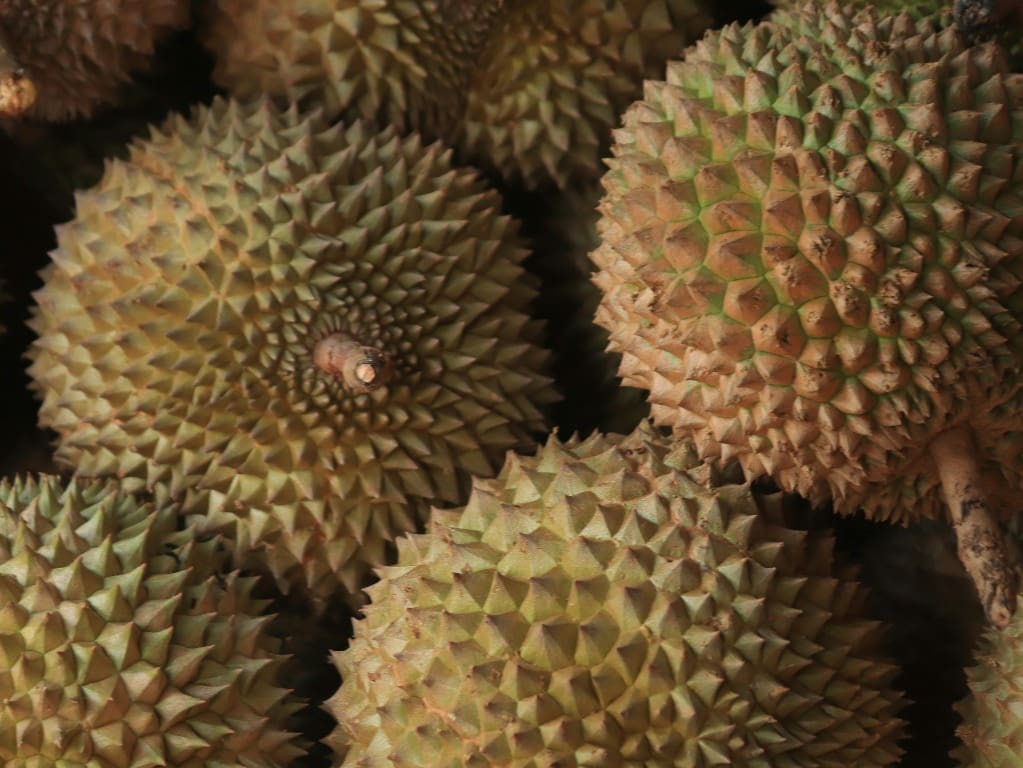
Meanwhile, Ismail states that tourists who are wary about trying durian but end up doing so may be favourably impressed.
“It’s possible that tourists who are initially wary of durian due to negative stories might end up liking it after trying it. The strong reactions to durian are often due to its unusual smell, which can be off-putting if one is not prepared for it. However, once tourists get past their initial hesitation and sample the fruit, they might discover that the taste is quite different from the smell. Many people find the flavour to be rich, creamy, and pleasantly sweet, which can be a surprising contrast to its odour. Trying durian with an open mind and perhaps with a guide or local who can provide context and preparation tips may improve their experience and increase the likelihood that they’ll appreciate this unique fruit.”

















